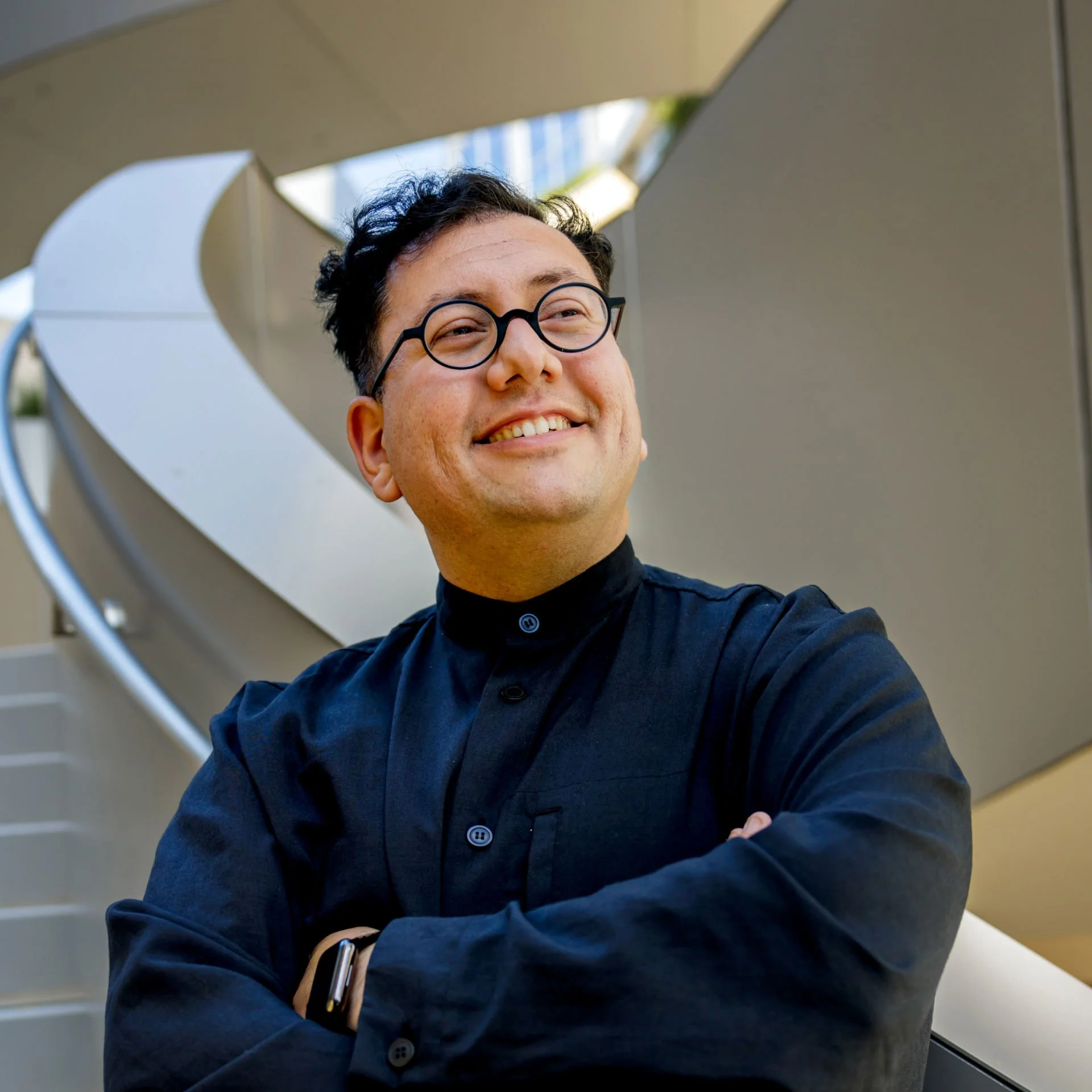Los Angeles to Welcome the First AI Art Museum: A New Era in Ethical and Sustainable Creativity
Image Source: Dataland
Artificial Intelligence has undeniably transformed various creative fields, but AI-generated art remains a subject of intense debate. Questions swirl around the legality of using AI image generators trained on existing artworks, the challenges of copyrighting AI creations, and whether these pieces qualify as genuine art or mere imitations. Amidst these discussions, one critical inquiry persists: Do audiences appreciate and engage with AI art?
Introducing Dataland: A Pioneer in AI Art Exhibition
Addressing both the ethical and public interest aspects of AI art, Dataland is set to become the world’s first permanent museum exclusively dedicated to AI-generated artworks. Opening in Los Angeles in 2025, this privately funded, 20,000-square-foot museum will focus on collecting and preserving artwork created through artificial intelligence. It will be strategically located near prominent institutions like the Museum of Contemporary Art and the Broad Museum, positioning it at the heart of the city’s vibrant art scene.
Visionaries Behind the Venture
Among the driving forces behind Dataland is Refik Anadol, a renowned Turkish-American new media artist and design educator at the University of California, Los Angeles. Anadol’s innovative exhibitions have previously sparked conversations at prestigious venues such as the Museum of Modern Art (MoMA) in New York and the United Nations headquarters. His artwork Unsupervised, which MoMA acquired for its permanent collection, is a “constantly morphing abstraction” generated in real-time using MoMA’s extensive collection of tens of thousands of images as its data set. Anadol emphasizes that he collects his own data and trains his own models, stating, “I am literally co-creating with the machine in every single step”.
Championing Ethical AI Art Practices
A cornerstone of Dataland’s mission is to demonstrate that AI art can be produced ethically. This commitment involves utilizing AI models and datasets that respect artists' copyrights by avoiding unauthorized use of their work. Anadol is dedicated to using ethical datasets, drawing upon the collections of reputable institutions like the Smithsonian, London’s Natural History Museum, and the Cornell Lab of Ornithology. He has secured permission for all data used in his AI model, known as the “Large Nature Model”, which operates on Google servers in Oregon powered exclusively by renewable energy.
Sustainable Innovation: Powering AI Art Responsibly
Addressing environmental concerns associated with AI technology, Dataland pledges to operate sustainably. The museum’s infrastructure will leverage renewable energy, reinforcing Anadol's commitment to responsible practices in art creation. He advocates that AI should not be viewed merely as a tool but as a new form of intelligence in human history. “I don’t believe machines should be the only creators. It’s a horrible future if you just let the machines do creative work”, he asserts.
Anticipating Public Reception and Impact
As legal debates over AI art continue in courts, Dataland aims to provide tangible evidence of public interest and appreciation for AI-generated creations. By offering a dedicated space for AI art, the museum will allow visitors to experience firsthand the unique blend of technology and artistry. This initiative could play a pivotal role in shaping the future acceptance and integration of AI in the broader art world.
Source: PetaPixel

